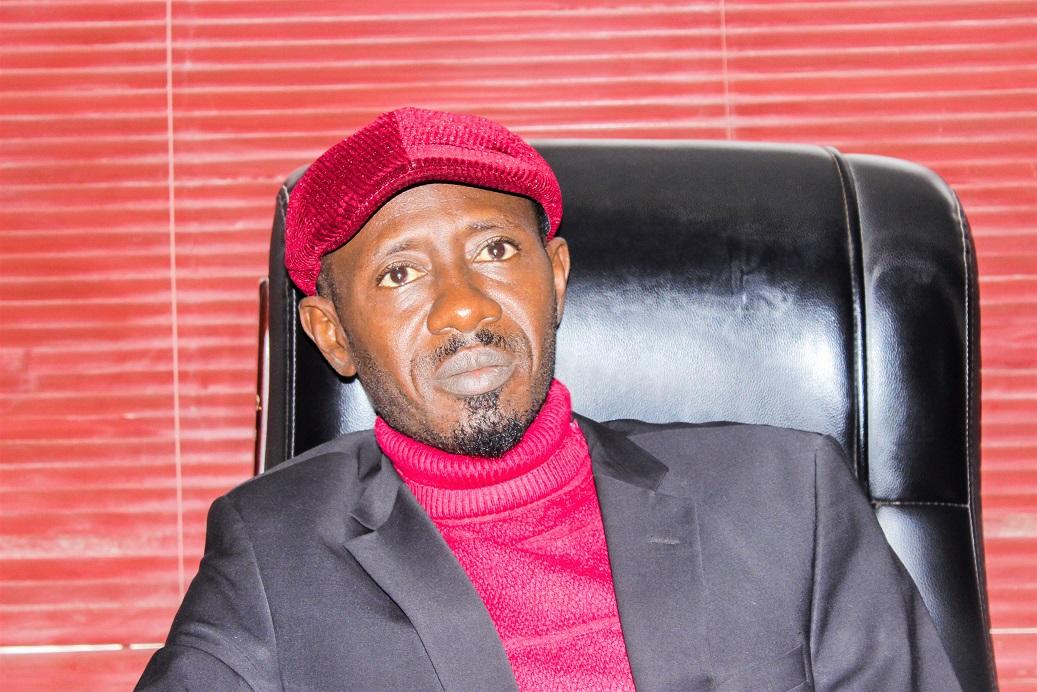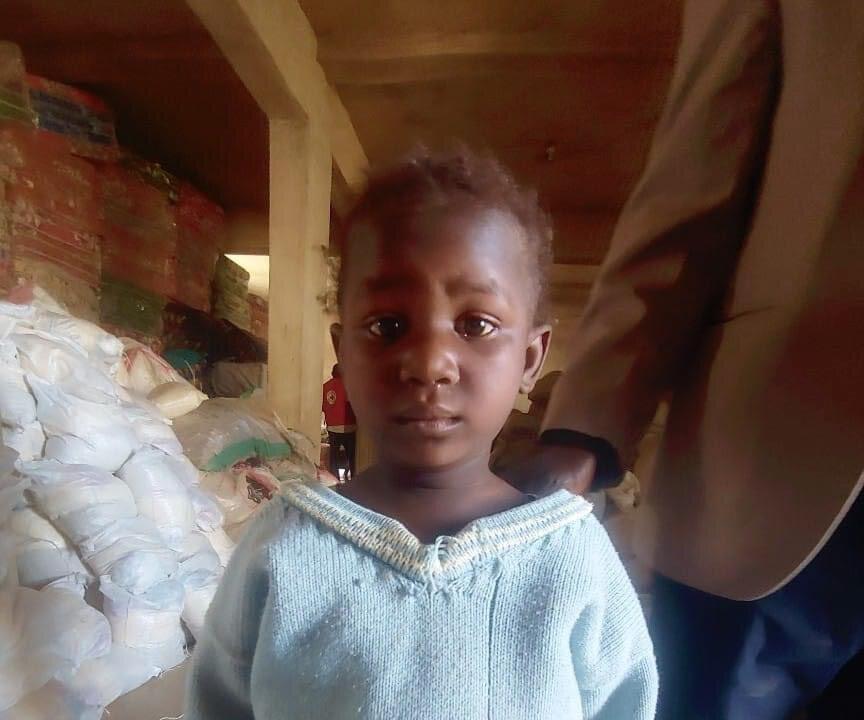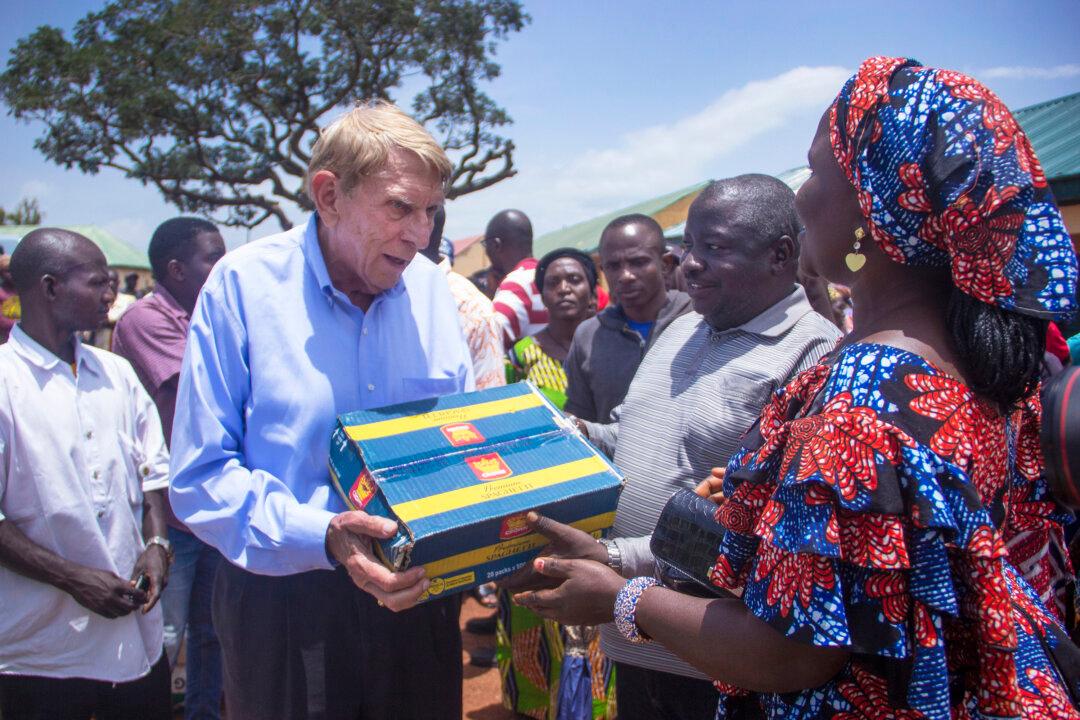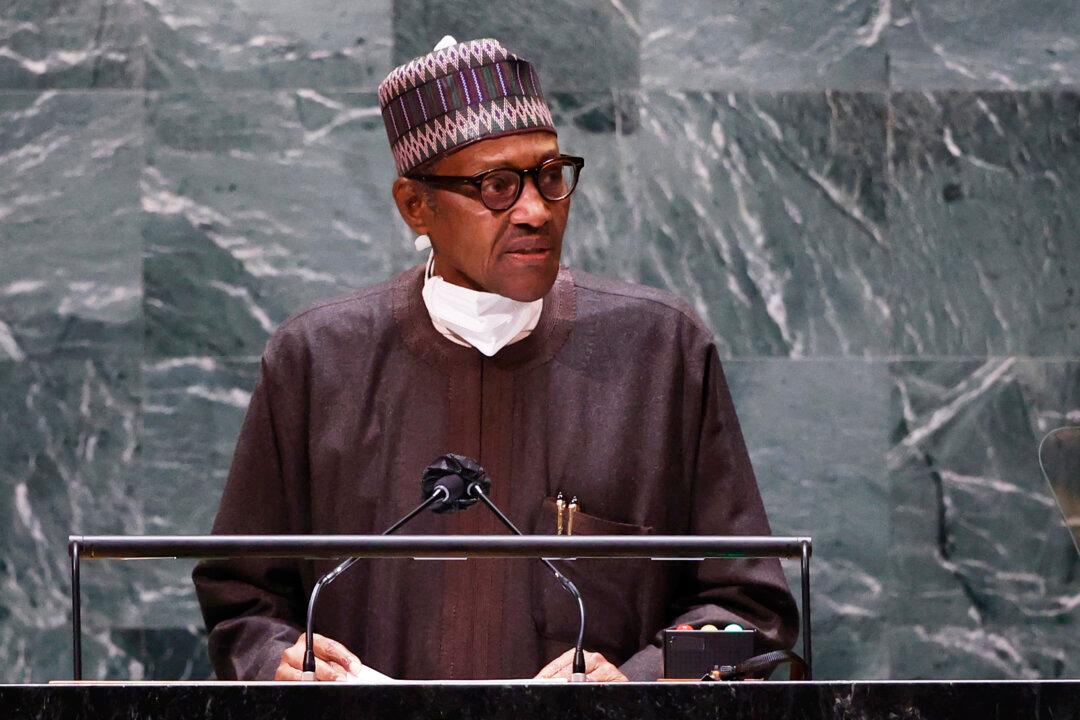JOS, Nigeria—For embattled Christians in Nigeria’s Plateau state, the best hope for many is a civil rights attorney with a knack for cheating death.
Barrister Gyang Zi, 43, is no stranger to controversy in court or to danger in the northern Nigerian city of Jos.





